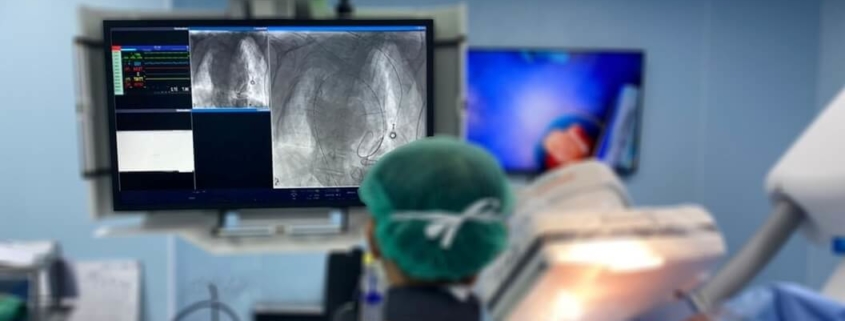Organ transplants are among the most amazing medical feats, having saved thousands of lives over the last few decades. Although many who are part of the U.S. transplant network should be commended for their passion and dedication, there’s no denying that there’s an issue within the system because far too many people are either dying or developing severe diseases following transplants due to preventable mistakes.
If you or a loved one has been adversely affected by an error involving a transplant, a Florida medical malpractice lawyer with Lytal, Reiter, Smith, Ivey & Fronrath may be able to help. If you would like to learn how, please give us a call at (561) 655-1990 or contact us online.
70 transplant-related deaths occurred between 2008 and 2015
In August 2022, the U.S. Senate Finance Committee issued a press release detailing many problems within the country’s organ transplant system, specifically with the United Network for Organ Sharing (UNOS) and the organ procurement organizations (OPOs) they oversee.
More than 1,100 complaints regarding mistakes were filed by patients, family members, medical staff and even transplant centers between 2010-2020. Many of these complaints involved the failure to complete mandatory tests to look for infections, diseases and blood types in donated organs.
The Committee attributed many of the problems to the leadership of UNOS because it’s apparent that they didn’t research the complaints they received because nothing was done and nothing was changed.
One of the leaders of the Committee, Senator Ron Wyden (D-Ore), reported that UNOS leaders consistently tried to avoid answering tough questions and tried to shift blame. He also reported that only on one occasion did UNOS recommend that an OPO be stripped of its certification.
According to the full report, between 2008 and 2015, 249 people developed diseases from transplants, and there were 70 deaths directly related to transplants caused by a variety of fatal errors.
These diseases and deaths were preventable as they were caused by errors such as failing to identify diseased organs, mis-typing blood, and not conducting timely blood and urine tests. It’s such a tragic situation, as these people sometimes wait years for a transplant and their new life.
Failure to identify disease in donor organs
Among the mistakes detailed in the Committee’s report was an instance in 2020 where after his transplant, the recipient was told he was likely to only live for three years because his heart donor died of a malignant brain tumor. No information was provided regarding what happened to the recipient, but it did state that the UNOS didn’t pursue any disciplinary action.
In 2019 at a recipient’s one-year follow-up visit, a mass was discovered on the donated liver. A biopsy later indicated that the mass was a rare, cancerous germ cell tumor that had originated from testicular cancer.
Although this diagnosis was noted on the donor’s autopsy report, the group responsible for handling the transplant didn’t receive the autopsy report for four months, and the transplant had already occurred. Sadly, the OPO responsible for this transplant serves the Florida Panhandle.
Mixing up blood types
In order for an organ recipient to have the best chance of survival, the donor must have the same blood type. Although matching blood types is a very simple process, the consequences can be tragic when errors are made.
In 2003, a woman with type O blood underwent a heart and lung transplant. Unfortunately, the organs were donated from someone with type A blood. The error was recognized after the transplant, so a second transplant was performed. Sadly, the damage that was already done was irreversible and the patient passed away.
Delays in blood and urine tests
Time is of the essence when someone needs a transplant. Hours – and in some cases minutes – can sometimes make the difference between life and death. UNOS received 104 complaints between 2010 and 2020 regarding serious errors involving testing.
Not only were severe diseases often not identified before a transplant, there were lengthy delays in conducting blood and urine tests and in receiving the results. These lengthy delays could cause people to die before receiving their transplant.
Major reform is necessary to save lives
There’s simply no excuse for the kind of incompetence the committee uncovered. Until policies change, people will continue to suffer horribly.
If you or someone close to you has been a victim of a botched transplant that was caused by a negligent error, please don’t hesitate to get in touch with the law firm of Lytal, Reiter, Smith, Ivey & Fronrath. You can contact us online for more information, or you can call (561) 655-1990.




